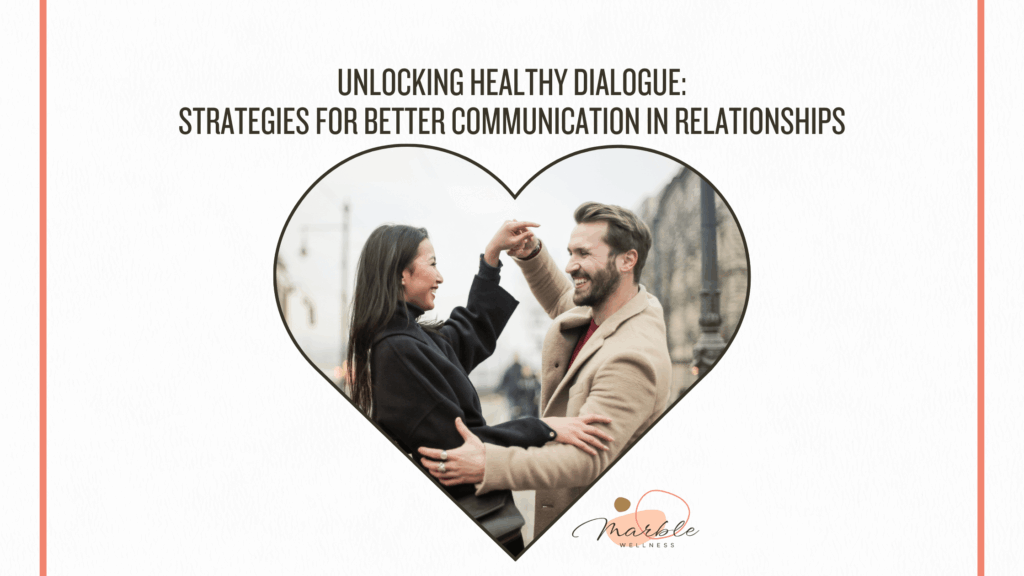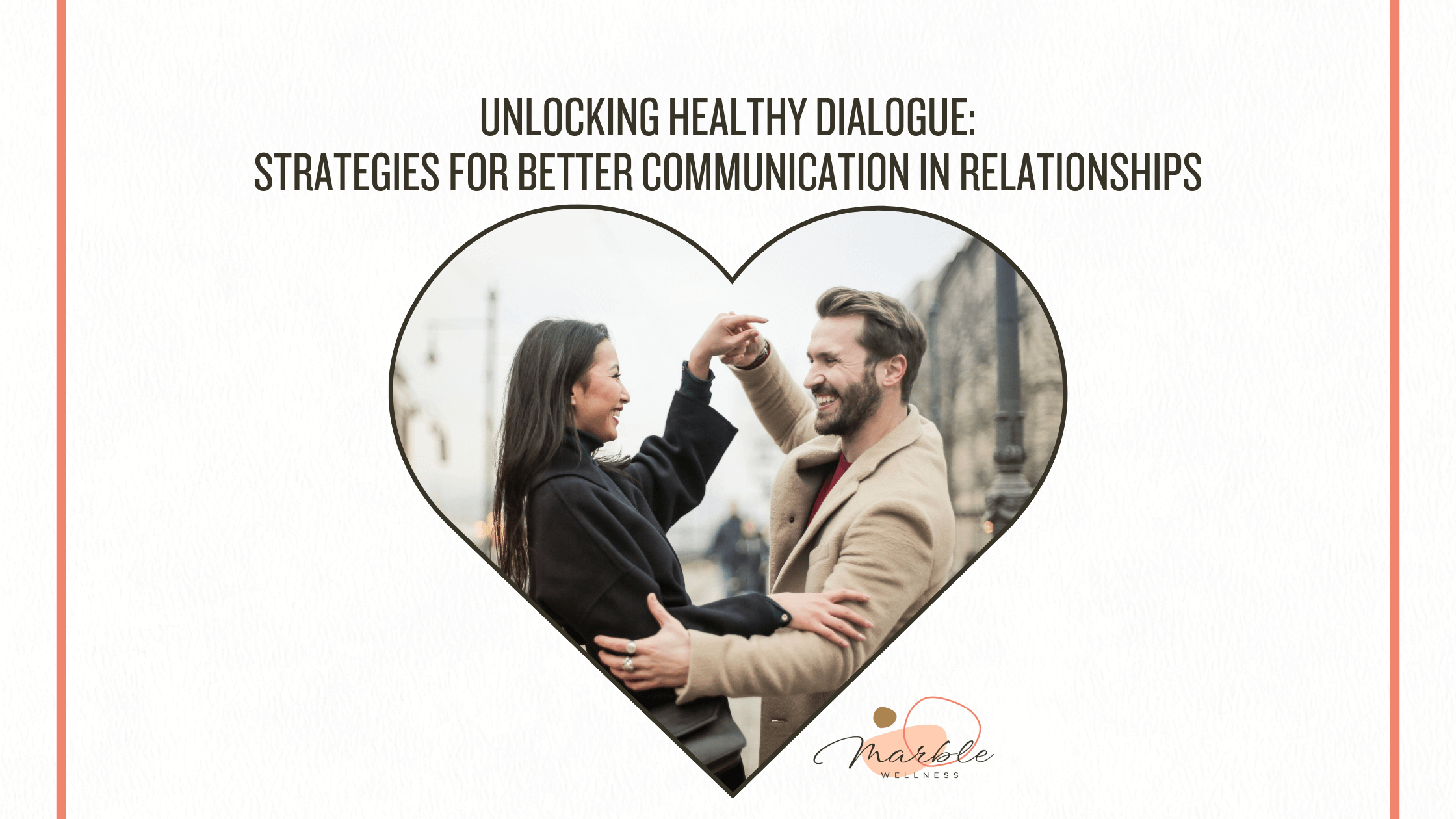
Is Over Communicating in a Relationship Really a Problem?
In the realm of relationships, communication is often hailed as the cornerstone of success. We’re constantly told to talk things out, express our feelings, and ensure our partner is always in the loop. But what happens when this emphasis on communication goes too far? Is it possible to over communicate in a relationship, and if so, what are the potential consequences? This article delves into the nuances of excessive communication, exploring its causes, effects, and strategies for finding a healthier balance.
The Paradox of Communication: When More Isn’t Always Better
At first glance, the idea of over communicating in a relationship might seem counterintuitive. After all, isn’t open and honest dialogue what every couple should strive for? The truth is, while effective communication is vital, there’s a point where it can become detrimental. Think of it like watering a plant – too little, and it withers; too much, and it drowns. The same principle applies to relationships.
Over communicating can manifest in various ways. It might involve constant texting throughout the day, excessive analysis of every minor issue, or a relentless need to share every single thought and feeling, regardless of its significance. While the intention might be to foster closeness and transparency, the result can often be the opposite: feelings of suffocation, resentment, and emotional exhaustion.
Identifying Over Communication: Signs to Watch Out For
Recognizing whether you or your partner are over communicating in a relationship is the first step toward addressing the issue. Here are some common signs:
- Constant Contact: A persistent need to be in touch throughout the day, even when there’s nothing significant to discuss.
- Over-Analysis: Spending excessive time dissecting every conversation, action, or gesture, often leading to unnecessary arguments or anxieties.
- Emotional Flooding: Sharing every thought and feeling, regardless of its intensity or relevance, overwhelming your partner with information.
- Lack of Boundaries: Difficulty respecting each other’s personal space and time, leading to feelings of being suffocated.
- Repetitive Conversations: Continuously revisiting the same issues or arguments, even after they’ve been resolved.
- Demand for Reassurance: Constantly seeking validation and reassurance from your partner, indicating underlying insecurities.
The Root Causes of Over Communication
Understanding why over communicating in a relationship occurs can shed light on how to address it effectively. Several factors can contribute to this behavior:
- Anxiety and Insecurity: Individuals with high levels of anxiety or insecurity may over communicate as a way to seek reassurance and control. They might fear abandonment or rejection and use constant communication to alleviate these anxieties.
- Attachment Styles: Anxious attachment styles, characterized by a fear of abandonment and a need for constant validation, can lead to over communication. People with this attachment style may constantly seek reassurance from their partners.
- Past Relationship Trauma: Previous experiences of betrayal or abandonment can create a deep-seated fear of losing a partner, leading to excessive communication as a way to prevent history from repeating itself.
- Lack of Trust: If there’s a lack of trust in the relationship, one or both partners may over communicate as a way to monitor each other’s activities and ensure fidelity.
- Misunderstanding of Communication: Some individuals may believe that constant communication is the key to a successful relationship, without realizing that quality matters more than quantity.
The Negative Consequences of Over Communication
While the intention behind over communicating in a relationship might be positive, the consequences can be detrimental to both individuals and the relationship as a whole. These negative effects can manifest in various ways:
- Emotional Exhaustion: Constant communication can be emotionally draining for both partners, leading to burnout and resentment.
- Loss of Individuality: When communication becomes all-consuming, individuals may lose sight of their own needs and interests, becoming overly dependent on their partner.
- Increased Conflict: Excessive analysis and repetitive conversations can exacerbate existing conflicts or create new ones, leading to frequent arguments and tension.
- Decreased Intimacy: Ironically, over communicating can actually decrease intimacy. The constant need for reassurance and validation can push partners away, creating distance instead of closeness.
- Erosion of Trust: While it may seem counterintuitive, over communicating can erode trust. Partners may feel suffocated and controlled, leading to resentment and a desire for more space.
- Stunted Personal Growth: If one partner is constantly seeking validation from the other, it can hinder their personal growth and development. They may become overly reliant on their partner’s opinions and approval.
Finding a Healthier Balance: Strategies for Effective Communication
The key to healthy communication isn’t about eliminating it altogether, but rather about finding a balance that works for both partners. Here are some strategies for achieving more effective communication:
- Establish Boundaries: Define clear boundaries for communication, including when and how often you’ll communicate. Respect each other’s need for personal space and time.
- Practice Active Listening: Focus on truly hearing and understanding your partner’s perspective, rather than just waiting for your turn to speak. [See also: Active Listening Techniques for Stronger Relationships]
- Prioritize Quality over Quantity: Focus on meaningful conversations that address important issues, rather than engaging in constant, superficial communication.
- Address Underlying Issues: If anxiety, insecurity, or past trauma are contributing to over communicating, seek professional help to address these underlying issues.
- Build Trust: Work on building trust in the relationship through honesty, transparency, and reliability.
- Encourage Independence: Encourage each other to pursue individual interests and hobbies, fostering a sense of independence and self-sufficiency.
- Learn to Self-Soothe: Develop healthy coping mechanisms for managing anxiety and insecurity, rather than relying solely on your partner for reassurance.
- Schedule Dedicated Communication Time: Set aside specific times for meaningful conversations, ensuring that you both have the opportunity to share your thoughts and feelings without interruption.
When to Seek Professional Help
If over communicating in a relationship is causing significant distress or impacting the overall health of the relationship, seeking professional help from a therapist or counselor can be beneficial. A therapist can help you identify the underlying causes of excessive communication, develop healthier communication patterns, and address any unresolved issues that may be contributing to the problem. They can provide a safe and supportive space for you and your partner to explore your feelings and develop strategies for building a stronger, more fulfilling relationship.
The Importance of Self-Awareness
Ultimately, addressing over communicating in a relationship requires self-awareness and a willingness to change. It’s about recognizing your own communication patterns, understanding the impact they have on your partner, and being open to adjusting your behavior to create a healthier dynamic. It’s also about understanding your partner’s communication style and needs, and being willing to compromise and find a balance that works for both of you.
Conclusion: Finding the Sweet Spot in Relationship Communication
While communication is undoubtedly essential for a successful relationship, it’s important to recognize that more isn’t always better. Over communicating in a relationship can lead to emotional exhaustion, loss of individuality, increased conflict, and decreased intimacy. By understanding the signs, causes, and consequences of excessive communication, and by implementing strategies for finding a healthier balance, couples can create a more fulfilling and sustainable relationship based on mutual respect, trust, and genuine connection. Remember, the goal isn’t to eliminate communication altogether, but to cultivate a communication style that is both effective and respectful of each other’s needs and boundaries. Strive for quality over quantity, and prioritize meaningful conversations that foster intimacy and understanding. And if you find yourselves struggling to navigate these challenges on your own, don’t hesitate to seek professional help from a therapist or counselor.

